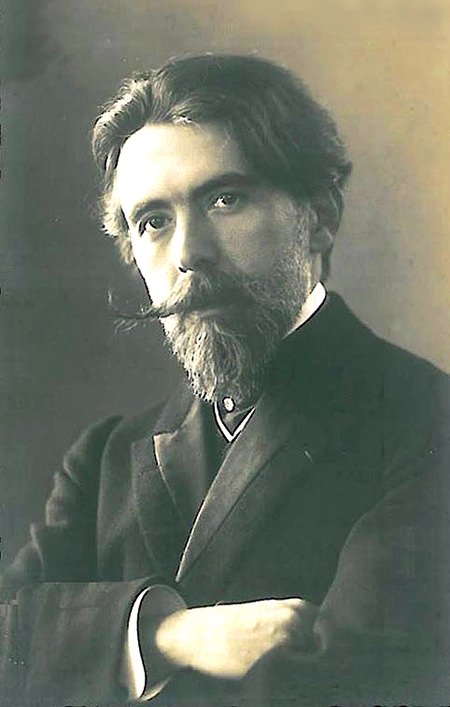
When I was a spotty teenager back in The Old Country and being tutored and otherwise prepared for my eventual arrival at music conservatory, my teacher was constantly frustrated that I would spend precious time listening to what he considered obscure music. I had a passion for romantic violin concertos that no one else seemed to have heard of, and I developed an intense interest in Eastern European classical music. “That’s all very well,” he would complain, “But you must get to know your Beethoven and Brahms instead of all that obscure stuff.” Well, eventually I did get to know “my Beethoven and Brahms” but the music by more obscure composers always remained a fascination. It still does.
We tend to forget that there are thousands more obscure composers than well-known ones. Wikipedia for example, lists hundreds of people who were composers during the classical period but few of those names are known today. It is not that they were incompetent, far from it. However, if you were to put on a concert today consisting entirely of music by Ignaz Holzbauer, Antoine Dauvergne and Gottfried Homilius I bet you wouldn’t sell many tickets. Yet these now-forgotten composers were contemporaries of Haydn and Mozart and considered leading musicians in their day.
Then there are those composers who are remembered today for a single piece. The German baroque musician Johann Pachelbel is known to most people by a single work, his famous Canon. But he also composed a huge body of sacred and secular music and is considered by historians as being among the most important composers of the middle Baroque.
Just in case you’re wondering, ESML stands for Escola Superior de Música de Lisboa (which hardly requires translation) and this excellent performance was given by the college orchestra.
Lacerda was born in the Portuguese islands of the Azores which you may recall are a cluster of islands in the North Atlantic about 850 miles west of Portugal. He later studied at Lisbon Conservatoire but more importantly in 1895 he headed off to Paris, the magnet for any musician or artist with professional aspirations. He studied at the Paris Conservatoire and made contact with the leading musicians of the day.
Lacerda led a busy professional life as an orchestral conductor both in Paris and Lisbon. He had little free time to compose, with the result that his output is relatively modest. He wrote a mere handful of pieces for orchestra and a dozen or so pieces for piano.
Almourol dates from 1926 and is considered one of his finest works. It’s a short symphonic poem in an impressionist style, inspired by the legends that surround Almourol Castle in Portugal. The music has a haunting quality with rich harmonic sonorities, strangely Moorish melodies among the woodwind instruments and a dramatic climax at about 03:00 after which the music gradually fades away.
Almourol Castle is still there, standing on an island in the middle of the River Tagus in central Portugal. It was originally part of the defensive line controlled by the Knights Templar and today it’s a popular tourist attraction.
Anatoly Konstantinovich Lyadov was a Russian composer, teacher and conductor. I wouldn’t class him as an “unknown” but today his star shines less brightly than those of his Russian contemporaries Rimsky-Korsakov, Borodin and Tchaikovsky, all of whom Lyadov knew well. He was born in St. Petersburg into a family of eminent musicians and as a teenager entered the St. Petersburg Conservatory to study piano and violin.
It seems he had a natural musical talent and during the 1870s became associated with some of the top Russian composers of the day. Unfortunately, Lyadov was famously lazy. He entered the composition classes of Nikolai Rimsky-Korsakov but was eventually expelled because he rarely showed up. Many of his compositions were never completed. Even so, Igor Stravinsky remarked that Lyadov was as strict with himself as he was with his pupils, writing with great precision and demanding fine attention to detail.
The Enchanted Lake is a splendid example of Russian impressionism. The idea for the work came from a fairy tale yet this piece is not a narrative but a reflective musical picture. There’s an overall sense of calm interrupted by sudden flurries and moments of turbulence, perhaps representing a gust of breeze or the arrival of some magical spirit. Fragments of melodies emerge and fade away again and the work ends as wistfully and quietly as it began. The work is mostly in the tricky key of D flat which couldn’t have won the composer many friends among the local string players.
 |
 |
 |





